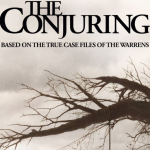🎬 Fight Club (1999): A Dark and Subversive Journey Into the Psyche
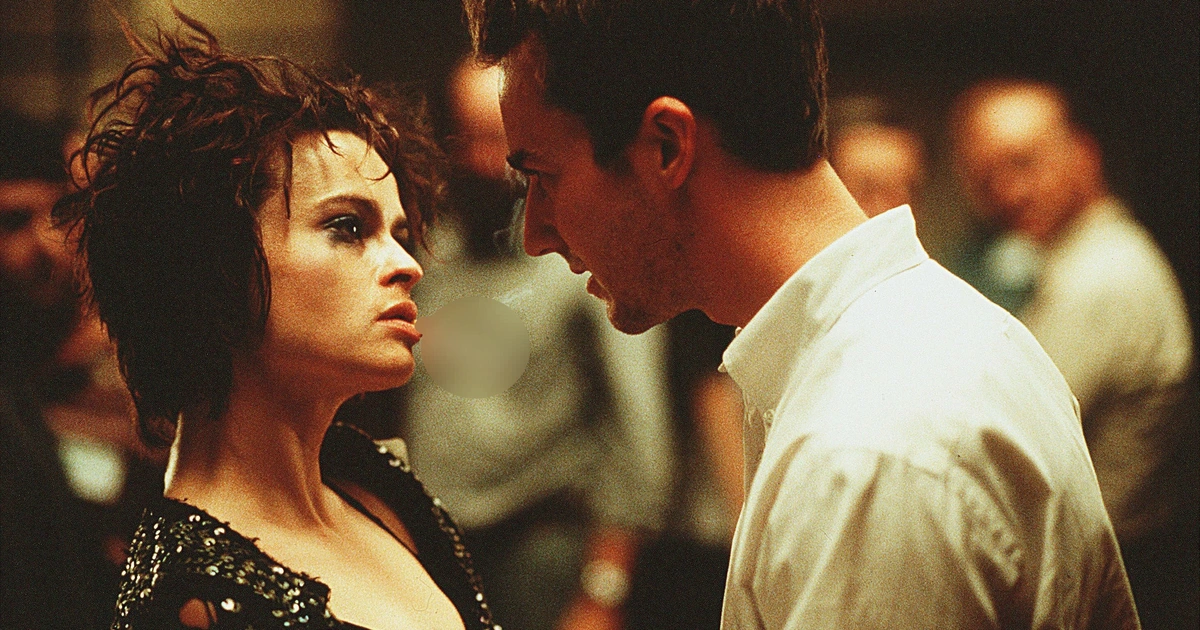
Plot Overview: The story follows an unnamed narrator (played by Edward Norton), a disillusioned white-collar worker who suffers from insomnia and an existential crisis. His mundane life spirals out of control after he meets Tyler Durden (Brad Pitt), a charismatic and anarchistic soap maker. Together, they form an underground fight club, where men can release their frustrations and reclaim their lost sense of masculinity.
As Fight Club grows, so does Tyler’s influence, transforming the group into a radical organization intent on dismantling societal structures. The narrator’s internal conflict escalates as he begins to question Tyler’s motives and his own identity, leading to a shocking revelation that changes the entire narrative.
Performance and Character Dynamics: Edward Norton delivers a compelling performance as the unnamed narrator, embodying a man who is both lost and searching for meaning in a world that has left him numb. His slow descent into madness is portrayed with nuance, making his character relatable even in his most unhinged moments.
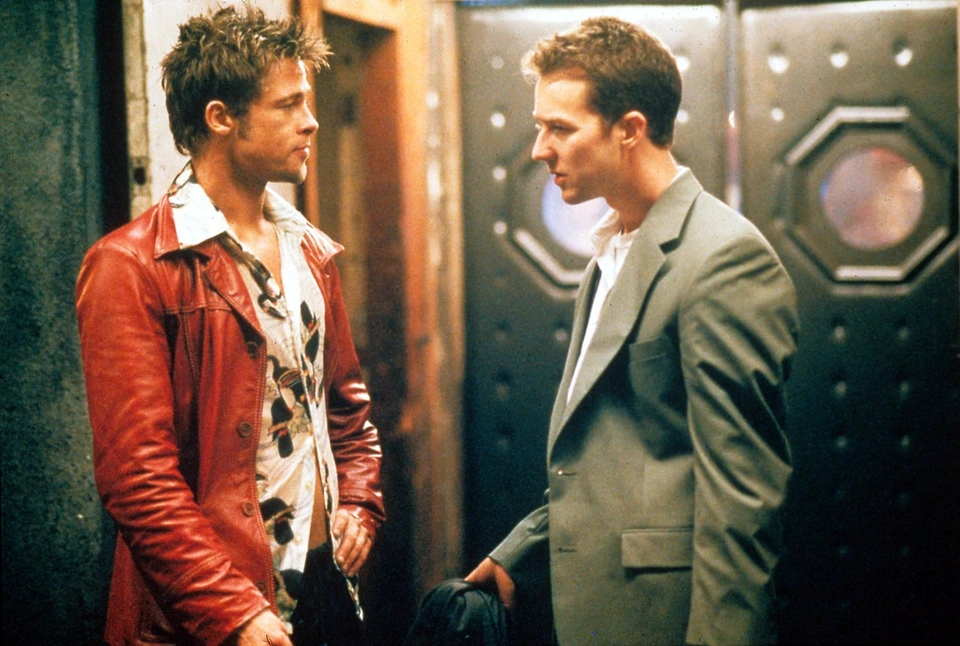
Brad Pitt as Tyler Durden is magnetic, exuding confidence, danger, and a rebellious spirit. Tyler’s philosophy of anti-materialism and chaos is infectious, and Pitt brings an undeniable charm to the role. The chemistry between Norton and Pitt creates a fascinating dynamic, with Tyler representing everything the narrator wishes he could be but is too afraid to embrace.
Helena Bonham Carter’s portrayal of Marla Singer, a self-destructive woman who enters the narrator’s life, adds another layer of complexity to the story. Marla serves as both a love interest and a mirror to the narrator’s own struggles with identity and purpose.
Themes and Analysis: Fight Club is rife with themes that challenge societal norms. At its core, the film is a critique of consumerism, exploring how individuals seek meaning through material possessions, only to be left empty. Tyler Durden’s famous line, “The things you own end up owning you,” encapsulates this sentiment, as the film questions the value of capitalism and corporate culture.
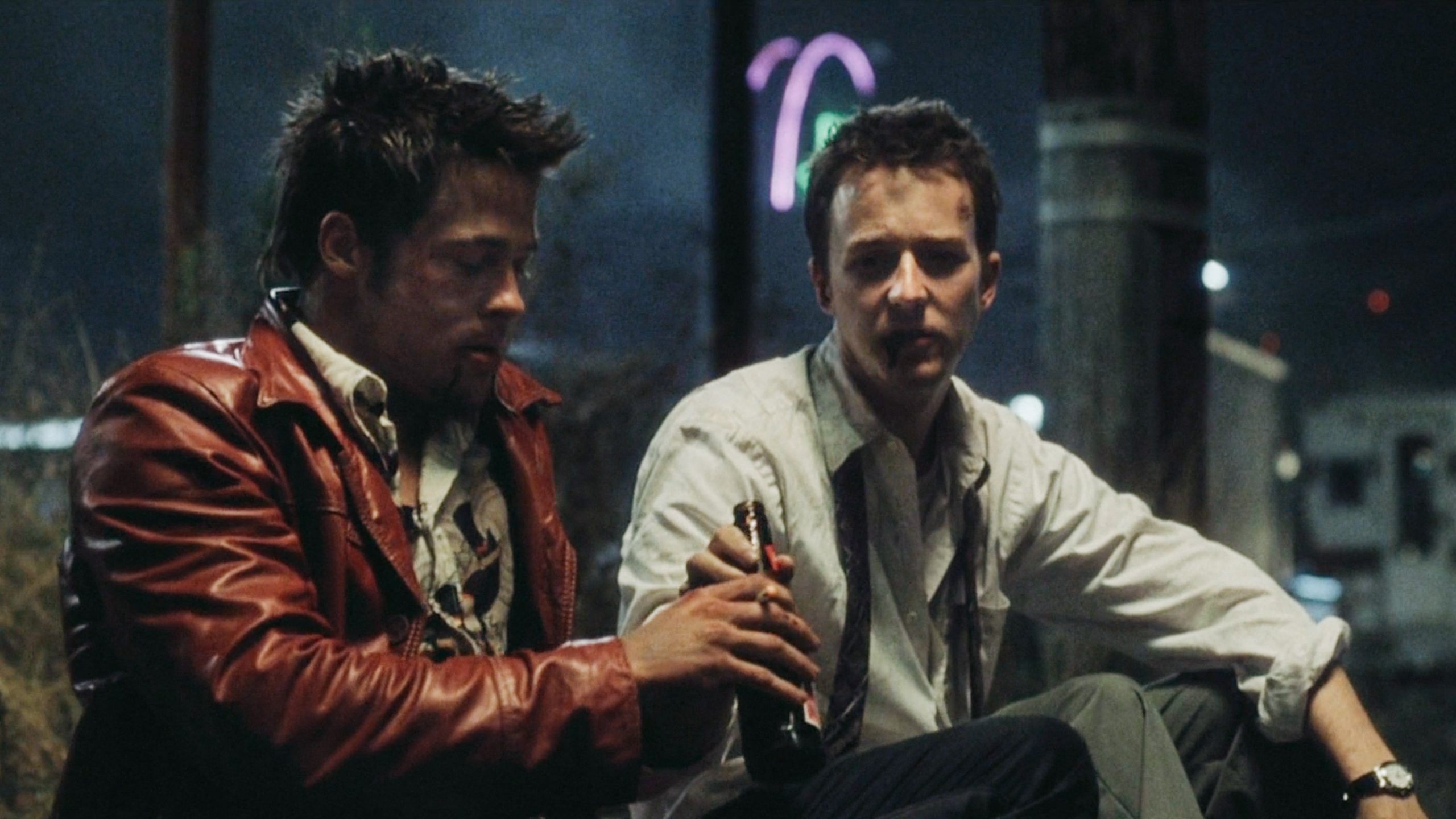
The movie also delves into the crisis of masculinity, particularly in the context of the late 20th century. The men of Fight Club feel emasculated by modern life, yearning for primal experiences to reconnect with their sense of power. However, the film’s portrayal of this desire for violent release is not without criticism, as it highlights the dangers of unchecked masculinity and the allure of authoritarian control.
The psychological twists in the film, particularly the reveal about Tyler’s true nature, force the audience to question the reliability of the narrator and the nature of identity itself. This duality within the narrator’s character serves as a commentary on the fragmentation of self in a world that demands conformity.
Visuals and Direction: David Fincher’s direction is impeccable, utilizing a dark and gritty aesthetic that perfectly complements the film’s themes. The use of lighting, particularly in the underground fight scenes, creates an oppressive atmosphere that mirrors the internal chaos of the characters. Fincher’s signature style—sharp cuts, fast-paced sequences, and innovative camera work—keeps the viewer on edge, never allowing a moment of comfort.
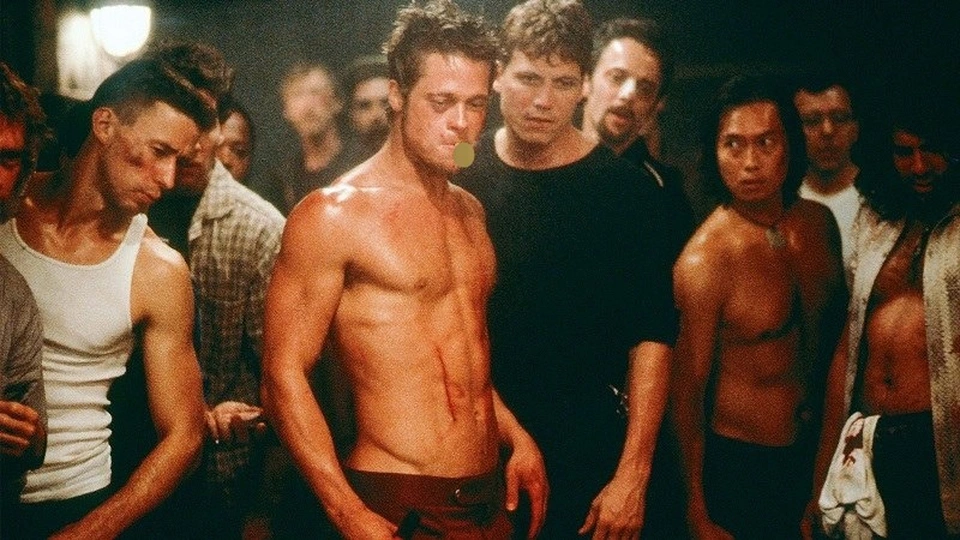
The visual effects, especially in scenes where the narrator’s mental state begins to unravel, are striking. The breaking of the fourth wall and the surreal moments where reality blurs with hallucination add to the disorienting and unsettling tone of the film.
Film Details:
- Title: Fight Club
- Release Date: October 15, 1999
- Director: David Fincher
- Starring: Edward Norton, Brad Pitt, Helena Bonham Carter
- Genre: Drama, Thriller
- Runtime: 2h 19m
- Rating: R
Final Thoughts: Fight Club is a bold, unflinching film that dares to tackle heavy topics such as identity, societal expectations, and the human need for rebellion. Its themes of self-destruction and the quest for freedom resonate deeply with viewers who feel trapped by modern life’s demands. Though controversial for its depiction of violence and nihilism, the film’s impact on culture cannot be overstated. It forces its audience to confront uncomfortable truths about consumerism, masculinity, and the search for meaning in a chaotic world.
For anyone looking for a thought-provoking, visceral cinematic experience, Fight Club remains a must-watch, standing as one of the most significant films of its era.
SUGGESTED VIDEO FOR YOU:
Movie Review: Survival War In The 333-Story Vertical Prison || The Platform 2
Movie Review: Resurrected Mummy: The Battle to Reclaim a Lover’s Soul











